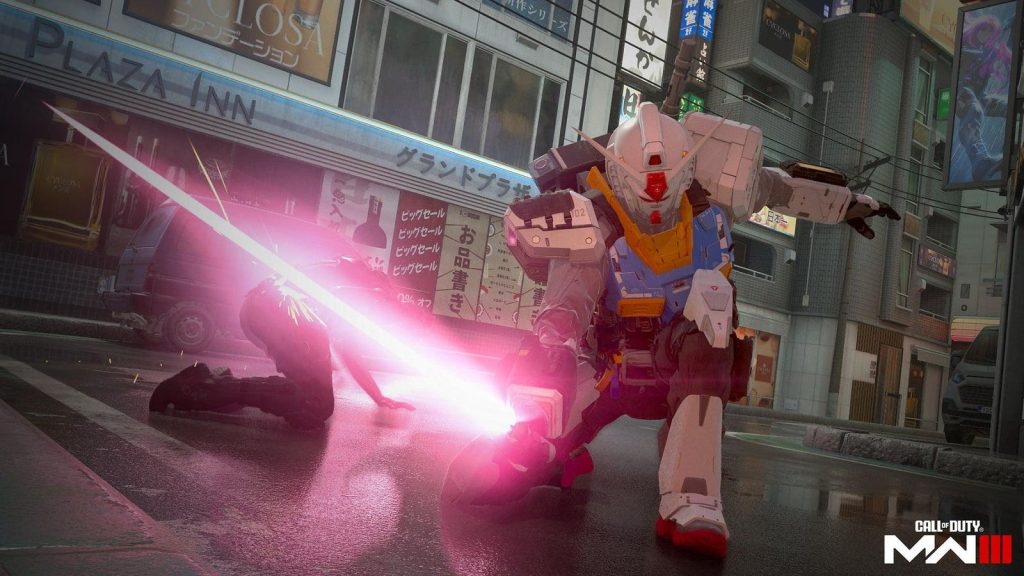Bandai Namco recently announced a crossover between the popular anime series Gundam and the video game Call of Duty, where players can now cosplay as mobile suits in Season 4. While mecha cosplay is a common sight at events like Otakon and Wonder Festival, incorporating this element into a game like Call of Duty presents new challenges due to the complex functionality and lore associated with Gundam mobile suits. The success of Gundam games typically hinges on aligning gameplay mechanics with how mobile suits operate, making this collaboration a departure from the norm.
In the world of Gundam, mobile suits are abstract vehicles with intricate functionality that is integral to the brand’s identity. Games like Gundam Extreme Versus Maxiboost ON have succeeded by adhering to these mechanical principles, while others like Gundam Evolution, which took a different functional approach inspired by Overwatch, failed to resonate with fans. The Call of Duty collaboration takes this deviation a step further by placing human players in robot suits, veering even farther from the established Gundam formula. The level of acceptance and popularity for this new feature remains to be seen.
One of the concerns raised by this collaboration is the potential impact on the branding of Gundam, especially in international markets where the franchise is still growing. With a dedicated following in Japan and Asia, Gundam’s branding has been carefully maintained for decades, ensuring consistency and recognition. However, international collaborations like the one with Call of Duty risk diluting the brand’s image and confusing new audiences. Maintaining alignment with the core values of Gundam is crucial for long-term success in global markets.
Bandai Namco’s decision to introduce cosplay mobile suit skins in Call of Duty raises questions about their understanding of the Gundam brand and its audience. The failure of previous attempts like Gundam Evolution, which attempted a similar departure from the traditional Gundam gameplay, serves as a cautionary tale. While Call of Duty’s established presence in the gaming industry may offer some stability to this collaboration, the departure from Gundam’s core principles could alienate long-time fans and fail to resonate with new players.
As Gundam continues to expand its reach internationally, careful consideration must be given to maintaining the integrity of the brand and delivering experiences that align with fan expectations. Collaborations like the one with Call of Duty, while unconventional, have the potential to introduce new audiences to the world of Gundam. However, the success of such endeavors ultimately depends on striking a balance between innovation and honoring the legacy of the franchise. Bandai Namco’s handling of this collaboration will be closely watched by fans and industry observers alike.















